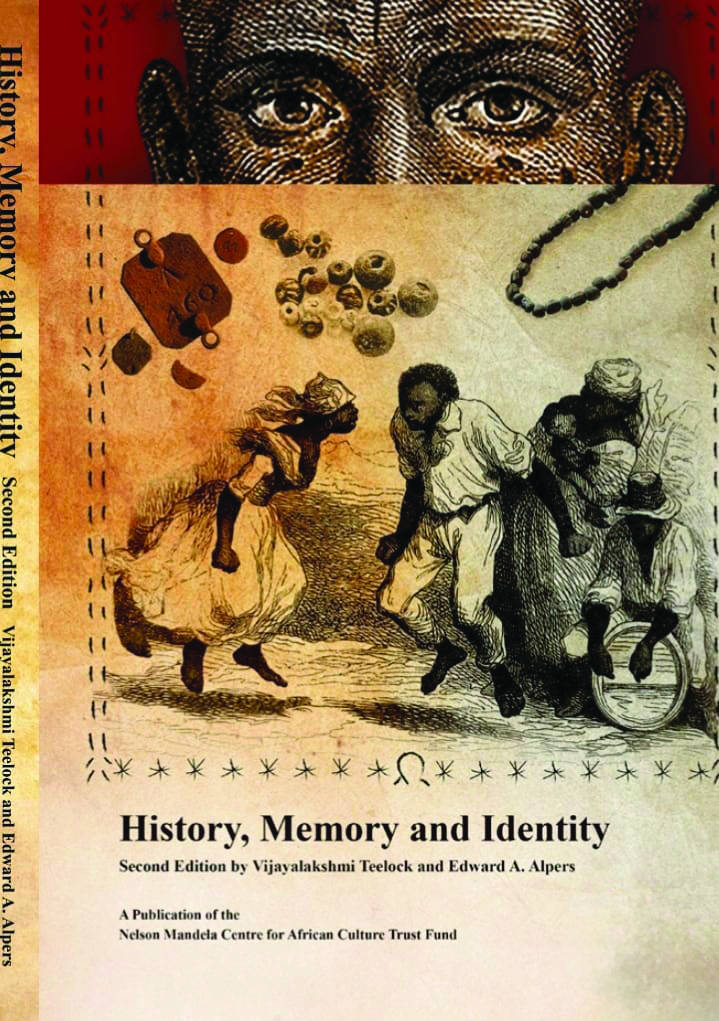To mark the 190e anniversary of the abolition of slavery in Mauritius and the 30th anniversary of the Unesco Routes of Enslaved Peoples, Mauritius hosted a major international conference entitled “Resistance, Freedom and Heritage in the Western Indian Ocean” from February 3 to 5. The last such conference was held here, also under the aegis of Unesco, in 2018. Dominique Bellier
Research into the history of slavery in the region has grown steadily over the last 40 years. This conference, organized by the Unesco Routes of Enslaved Peoples, the Mauritian Ministry of Arts and Cultural Heritage and various academic institutions in the region, aimed to measure the progress made and lay the foundations for future research.
The ten sessions presented showed how knowledge is being refined in areas such as the reconstitution of the slave trade, information networks, the mapping of slavery and marronage sites or the description of a slave’s life… Sensitive themes avoided until now, such as the treatment of enslaved women, have emerged.
Instead of masterly presentations by the many researchers, the emphasis was on discussion with the audience, with the rapporteur of each session summarizing the papers, to quickly give the floor to the public. An archaeological exhibition, an evening event at the Nelson Mandela Centre, a fashion show and a screening of the film Ni chaînes, ni maîtres (Neither Chains, Nor Masters) also broadened the audience.
Several books remain from these encounters, published by Éditions de l’Océan Indien: The search for Mongalo, by Vijaya Teelock and Joël Valérie; Anna van Bengale – Myth and Realities, by Joël Edouard; Les Betsimiraka – formation et gouvernance d’un état précolonial à Madagascar, by Chaplain Toto; and finally, an expanded and updated version of the collective work History, memory and Identity.
